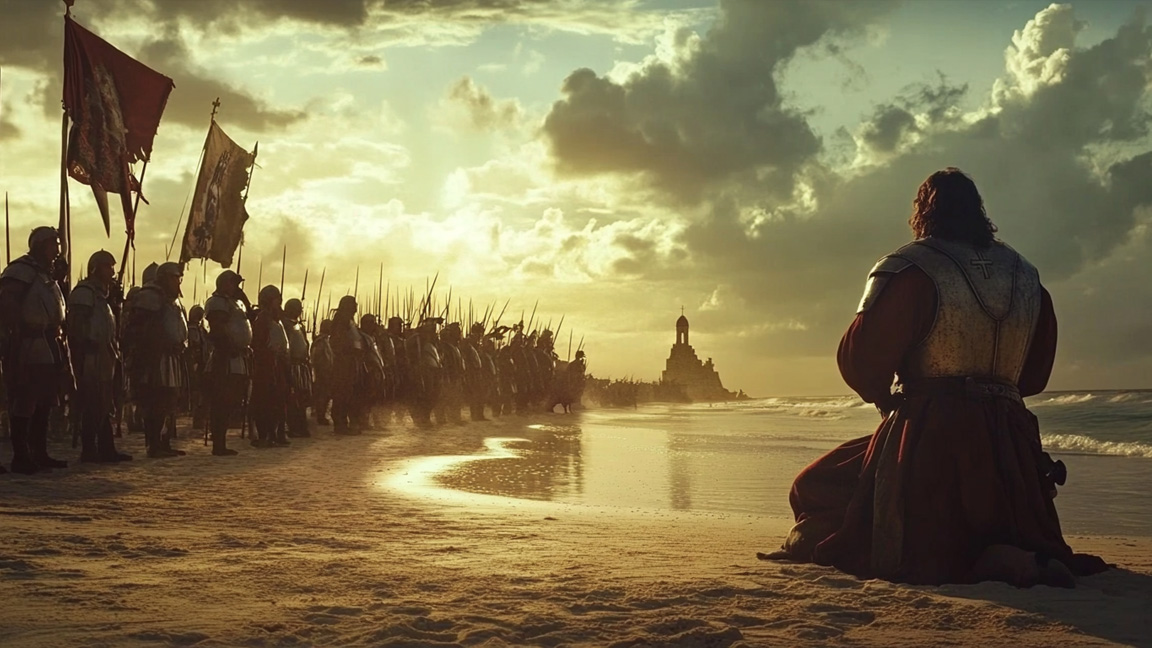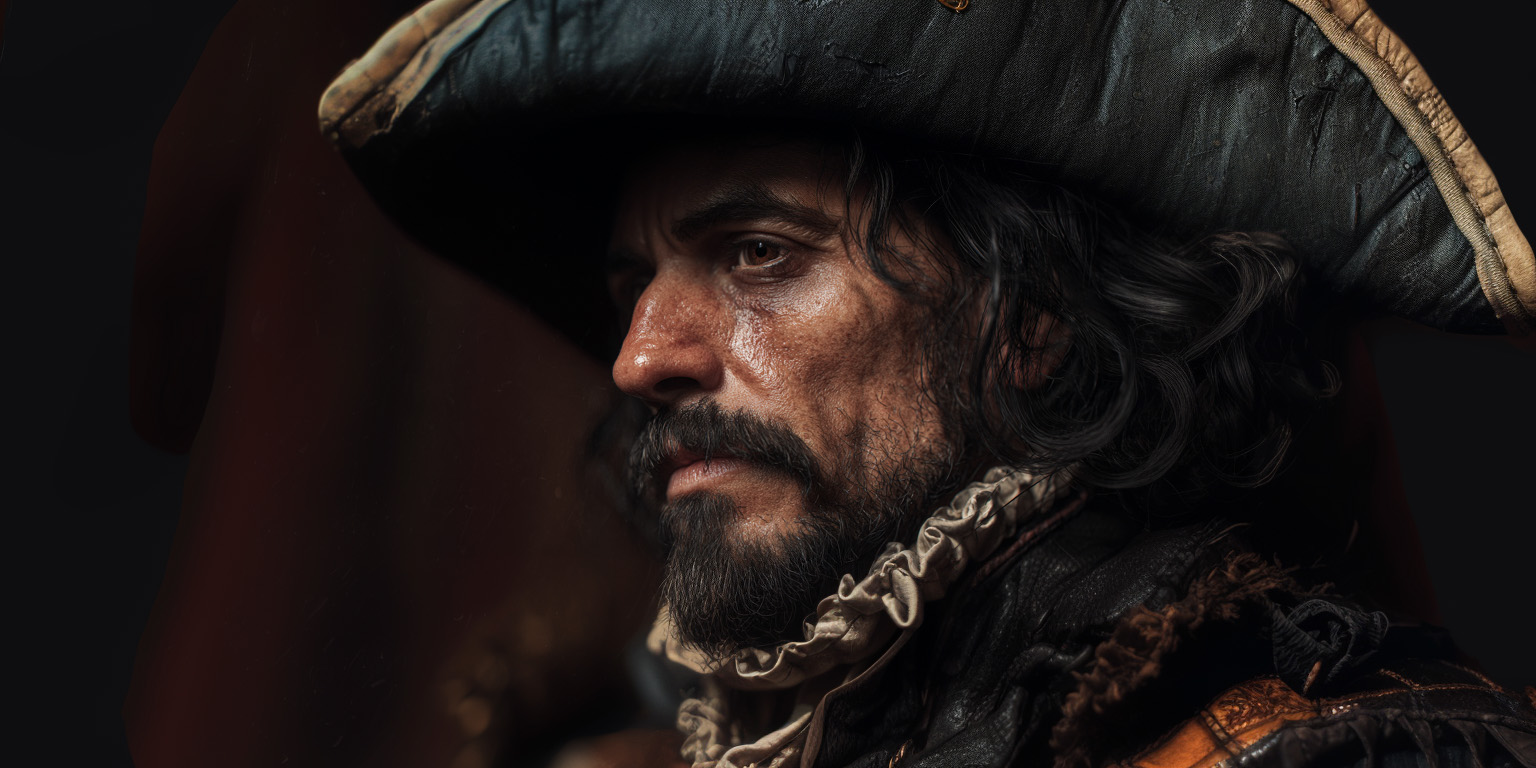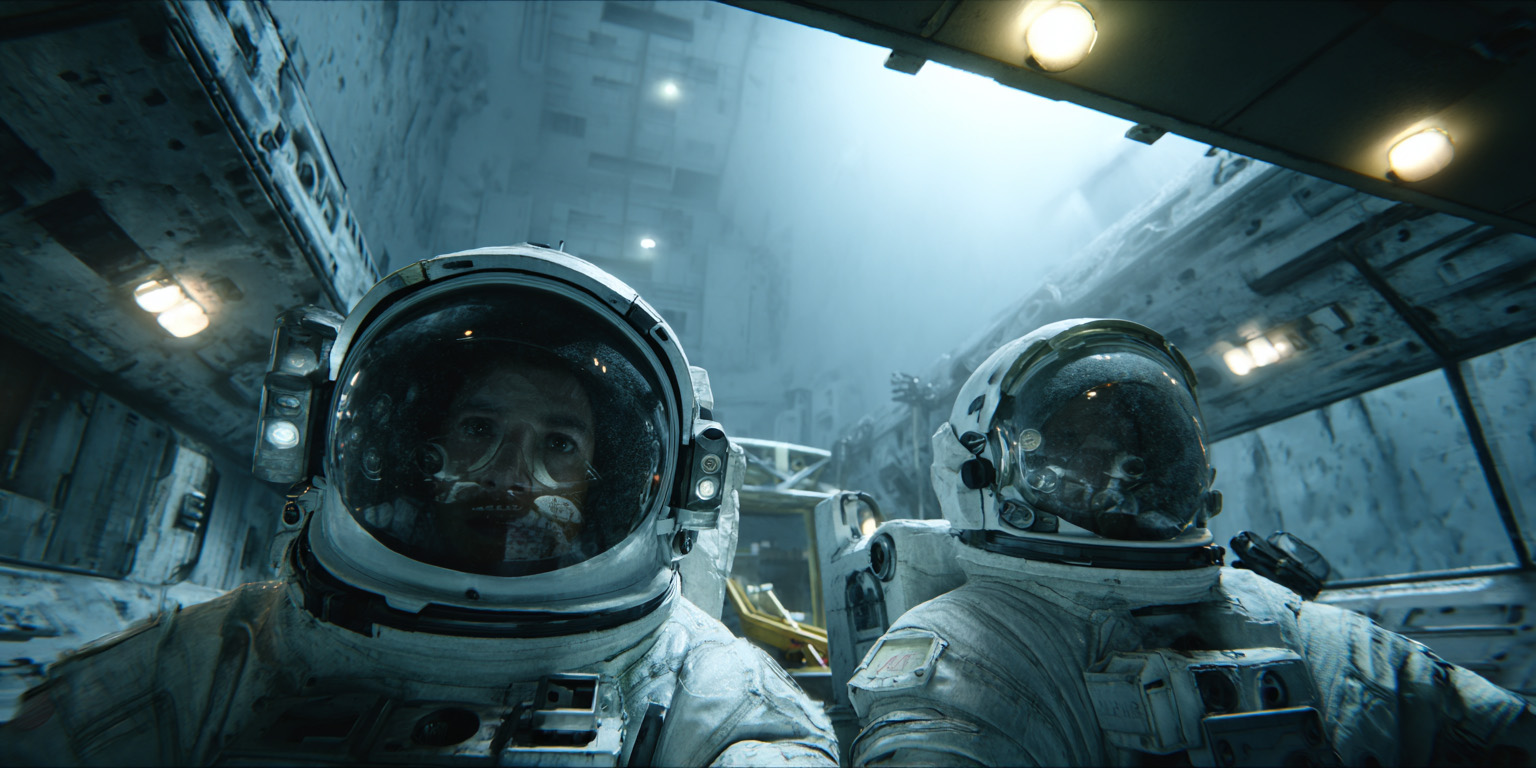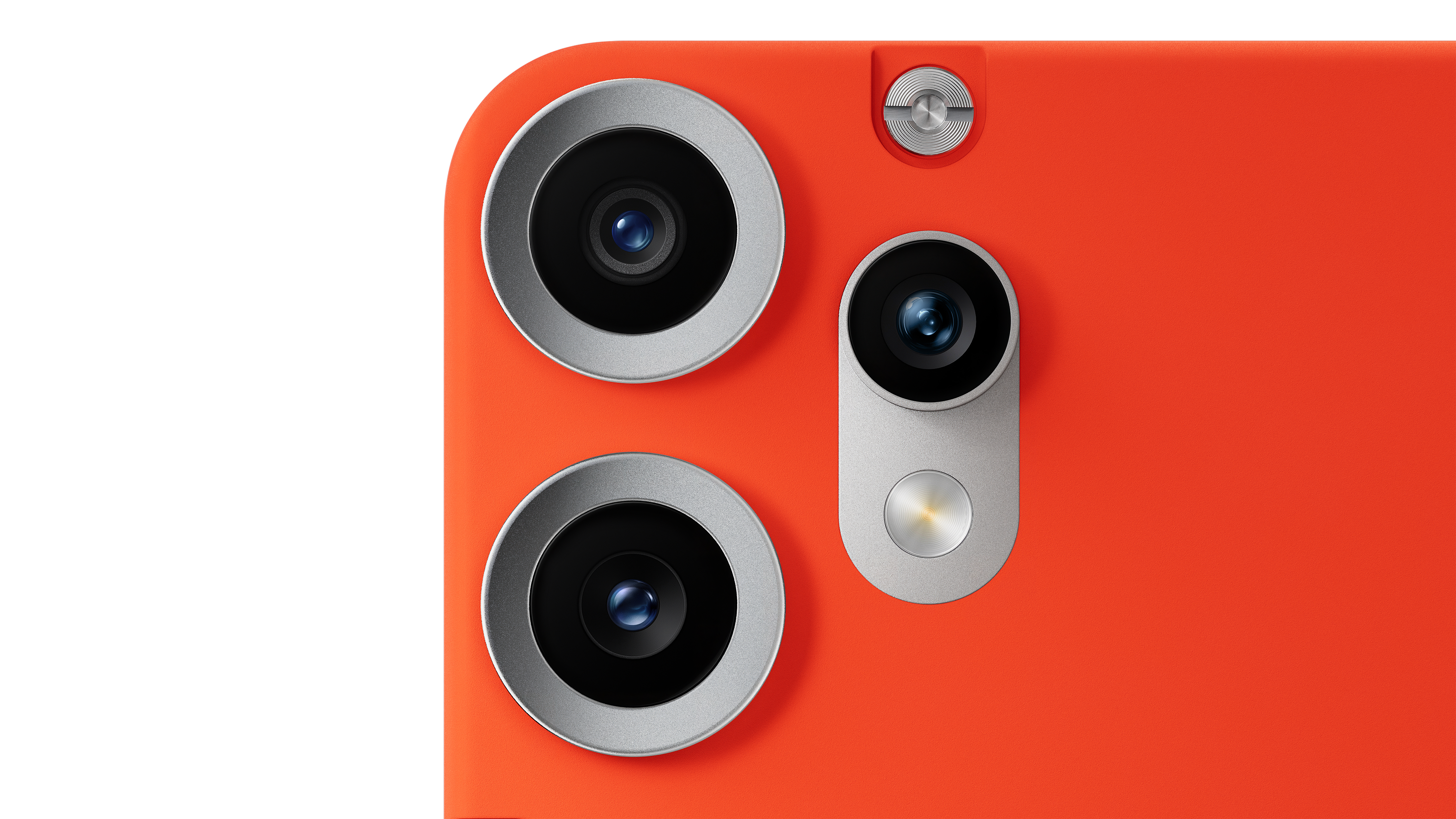
Sign up to Creative Bloq's daily newsletter, which brings you the latest news and inspiration from the worlds of art, design and technology.
You are now subscribed
Your newsletter sign-up was successful
Want to add more newsletters?

Five times a week
CreativeBloq
Sign up to Creative Bloq's daily newsletter, which brings you the latest news and inspiration from the worlds of art, design and technology.

Once a week
By Design
Sign up to Creative Bloq's daily newsletter, which brings you the latest news and inspiration from the worlds of art, design and technology.

Once a week
State of the Art
Sign up to Creative Bloq's daily newsletter, which brings you the latest news and inspiration from the worlds of art, design and technology.

Seasonal (around events)
Brand Impact Awards
Sign up to Creative Bloq's daily newsletter, which brings you the latest news and inspiration from the worlds of art, design and technology.
Hollywood has always been a place of ambition, spectacle, and impossible ideas. Yet, despite the industry’s appetite for innovation, some stories have remained stubbornly out of reach, being too expensive, too complex, or just too ambitious.
Things are changing, and fast. Utopai Studios, formerly Cybever, the AI tech company, is now boldly claiming a seat at the table as Hollywood’s first AI-driven film and TV studio. This isn't just a marketing ploy of a high-risk gamble from an on-trend AI tech company; it's a statement about the future of storytelling and filmmaking.
For those who’ve followed Cybever’s journey, the company’s AI-driven 3D world creation and previz-to-video pipeline were already impressive tools. It enabled creators to design complete environments and translate them directly into cinematic-quality shots, preserving creative control while speeding up workflows.
Utopai Studios is far more audacious. Far from just offering new AI tools akin to Adobe Firefly or Veo 3 to studios, it's creating, producing, and preselling its own slate of TV and film projects, blending cutting-edge AI with Hollywood talent. More so, Utopai Studios is aiming to make the bold claim of bringing Hollywood's unfilmable scripts into production through its new AI workflows.
Rethinking how films are made

Cecilia Shen, co-founder and now co-CEO of Utopai, makes the mission clear: "We want to tell human stories and reimagine what filmmaking can become when generative technology is integrated from the start."
The emphasis here is key; this isn’t about AI replacing directors or writers. It’s about giving storytellers freedom without financial compromise, creating worlds that would have been prohibitively expensive or technically impossible to build in traditional pipelines. Fundamentally, Utopai is utilising AI to produce films and TV series that would have otherwise been left on the shelf.
The studio’s inaugural slate demonstrates that ambition. First up is Cortés, written by Academy Award-nominated Nicholas Kazan, a story considered unfilmable for decades. "I have been trying to tell this story for more than 30 years," Kazan says. "Finally, I have found a home and creative partners with the talent and vision, and a technology that will allow moviegoers to witness in some form events that took place more than 500 years ago."
Sign up to Creative Bloq's daily newsletter, which brings you the latest news and inspiration from the worlds of art, design and technology.
A period epic set in 1519, it spans the fall of Tenochtitlán and follows the Spanish conquistador Hernán Cortés as he clashes with the Aztec Empire. It’s the kind of cinematic risk that AI, when paired with human creative oversight, can now realistically tackle.

Making unfilmable scripts
Project 'Space', an eight-episode sci-fi series, reveals what can be done with AI on a modest budget and again signals how shows that would be forgotten due to cost constraints are being given a chance to succeed.
Director Martin Weisz explains: "While in the traditional filmmaking process this would have required a significantly higher investment, we are lucky not to have that pressure. Our innovative team just enjoys the daily increasing opportunities, as well as the freedom, to go to places that others couldn’t go before visually."
Utopai isn't alone; the new studio has been able to rope in some experienced Hollywood heads to help manage its projects. K5 International, the team behind Dances with Wolves and Netflix’s Anon, will handle all global sales, while previs house OPSIS brings its experience from Game of Thrones and Captain America.
Henrik Fett, OPSIS CEO, captures the pitch perfectly: "This isn’t about handing the keys to AI, but using it as the time-saving tool it’s meant to be. By combining our proven visualisation pipeline with generative tools, we’re expanding creative possibilities while keeping control with the filmmakers."

Why it matters now is clear. Few AI companies have transitioned from technology toolmakers to full-fledged content creators. Utopai is entering Hollywood with both credibility and a plan. It has presold projects, high-profile collaborators, and a workflow designed to let AI enhance and ease workflows rather than replace human imagination and creativity.
More importantly, this is happening against the backdrop of Hollywood's diminishing returns and pressures on budgets. The days of billion-dollar movie paydays are over as streaming services bite into profits, production costs skyrocket, and studios are seeking new ways to meet audience expectations for less.
Utopai is showing that AI is not a threat to filmmaking itself, but it could be the start of dismantling the old Hollywood ways and building a new industry, a new lens to view film production and creativity through. In recent months, I've seen more AI filmmaking tools emerge that have actual uses, from Lightcraft’s Spark that could finally give filmmakers the "Google Docs of 3D" to Director Jason Zada says tools like Google Veo 3 can unlock storytelling for everyone, and now we have an AI toolmaker turned film studio, it feels like we're at a pivot point.
If Utopai succeeds, it could redefine how films are made, which stories get told, and how visual imagination translates to the screen. AI is no longer confined to VFX assistants or procedural environments or doing the legwork animators hate; it’s becoming a storytelling partner, one capable of turning the 'unfilmables' into reality, and I'm keen to see where this goes.
Visit the Utopai website to read up in the tech and the projects being made.


Ian Dean is Editor, Digital Arts & 3D at Creative Bloq, and the former editor of many leading magazines. These titles included ImagineFX, 3D World and video game titles Play and Official PlayStation Magazine. Ian launched Xbox magazine X360 and edited PlayStation World. For Creative Bloq, Ian combines his experiences to bring the latest news on digital art, VFX and video games and tech, and in his spare time he doodles in Procreate, ArtRage, and Rebelle while finding time to play Xbox and PS5.
You must confirm your public display name before commenting
Please logout and then login again, you will then be prompted to enter your display name.
